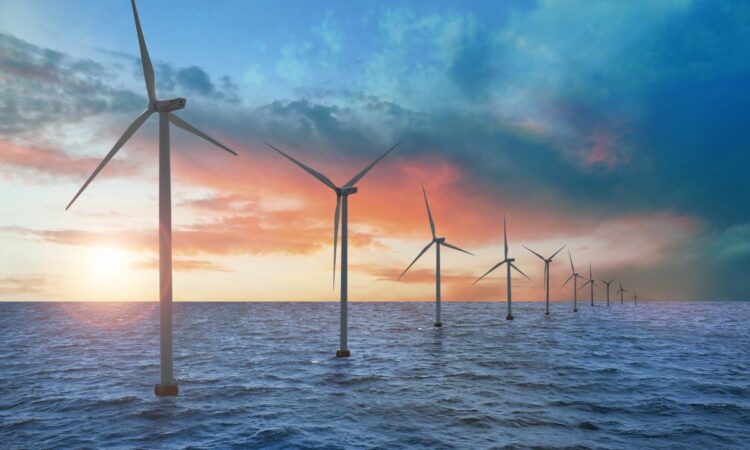
Following the publication of the 2022 CEF Energy call for preparatory studies for cross-border renewable energy (CB RES) projects, opened for applications from 20 September 2022 to 10 January 2023, one project has been selected requesting EUR 252.500 of EU funding.
The CEF Energy support will co-fund the preparatory studies that will help to assess the feasibility of a potential offshore wind farm of a capacity of approx. 300 MW in the Northern Adriatic coastal zone near Croatia and Italy. That would mean around 2,200 km2 of sea area that should be available for the planned deployment between the cities of Pula (Croatia) and Ravenna (Italy).
The company that will carry out the studies is INA (Industrija nafte d.d.), an oil and gas company registered in Croatia. INA aims to implement exploratory tasks to identify and develop the main parameters of the planned CB RES project and to formalise the cross-border cooperation mechanism between Croatia and Italy.
The preparatory study will consist of four different pillars: (I) technical assessment, (II) financial assessment, (III) commercial assessment and (IV) stakeholder engagement. The technical assessment will include a preliminary technical study, electrical and site resource assessments, an environmental and social impact screening, and will assess the potential implementation of an interconnection between Croatia and Italy. Further to the technical assessment, the financial assessment will cover the cost-benefit, risks and opportunities analysis of the potential CB RES project. The commercial assessment will run in parallel with the financial assessment. It will analyse the market demand for electricity as well as the electricity price movements and monitor global energy trends on the market through a feed-in premium study and a Power Purchase Agreement assessment. Lastly, the stakeholder engagement fosters communication and stakeholder involvement activities and cooperation activities between Croatia and Italy, including the assessment of cost-benefit sharing.
If the studies’ outcome is positive, and subject to the project final investment decision, the construction of the wind farm could start in 2026 for a launch of the commercial operations in 2029. This will improve significantly both countries’ security of energy supply and increase renewable energy generation capacity.






